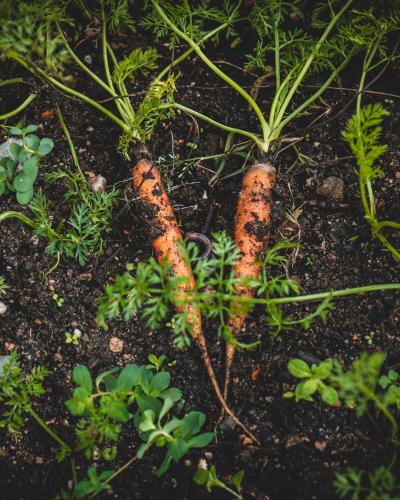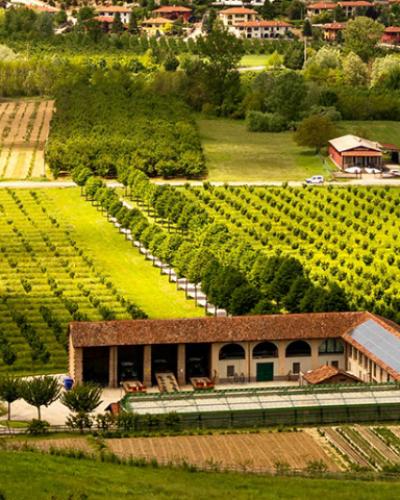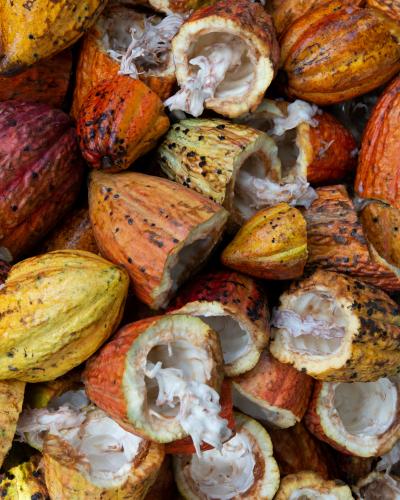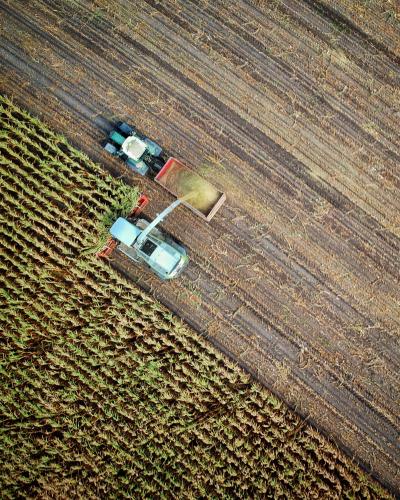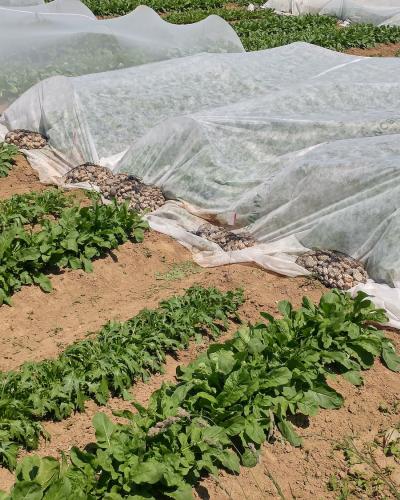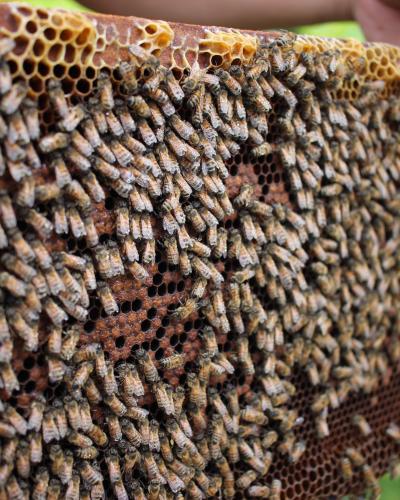Control of plant diseases is often accomplished with the use of harsh chemical sprays and soil fumigants in conventional farming systems, but a new study in PLOS ONE found that organic farming can...
Dec 21, 2020
Supporting biodiversity is not only a tenet of organic farming, but the ecosystem services that biodiversity can provide to farmers is also relied upon for...
Dec 14, 2020
Neonicotinoid pesticides remain controversial as evidence mounts to show their detrimental impacts on important biodiversity. Documenting more evidence of their harm, a recent study in the journal...
Dec 07, 2020
Natural habitat like woods and natural grasslands are known to support more insect and wildlife biodiversity than agriculturally intensive landscapes, but not all insects and wildlife such as...
Nov 23, 2020
As the demand for chocolate has grown, so has the intensification of cacao production, which has significantly driven deforestation in tropical regions. Shade...
Nov 16, 2020
Nitrous Oxide (N2O) is an important greenhouse gas that is often overshadowed by the focus on Carbon Dioxide (CO2), but increasing concentrations of nitrous oxide over the past two centuries have...
Nov 09, 2020
To achieve more sustainable farming that reduces negative impacts on human and environmental health as well as climate change, our food system needs to reduce its reliance on chemicals for...
Nov 02, 2020
Increasing soil salinity threatens soil health and plant growth by altering soil organic matter and organisms that cycle nutrients. A new study in Frontiers in Sustainable Food Systems found that...
Oct 26, 2020
Honey bee health is affected by a myriad of factors including the diversity and quality of food available to them, exposure to pesticides, and attacks by parasites and diseases. Genetic activity...
Oct 19, 2020
Although the benefits of hedgerows on biodiversity like birds, pollinators and natural enemies to pests is well established, a recent study published in the journal Agronomy found that hedgerows...

